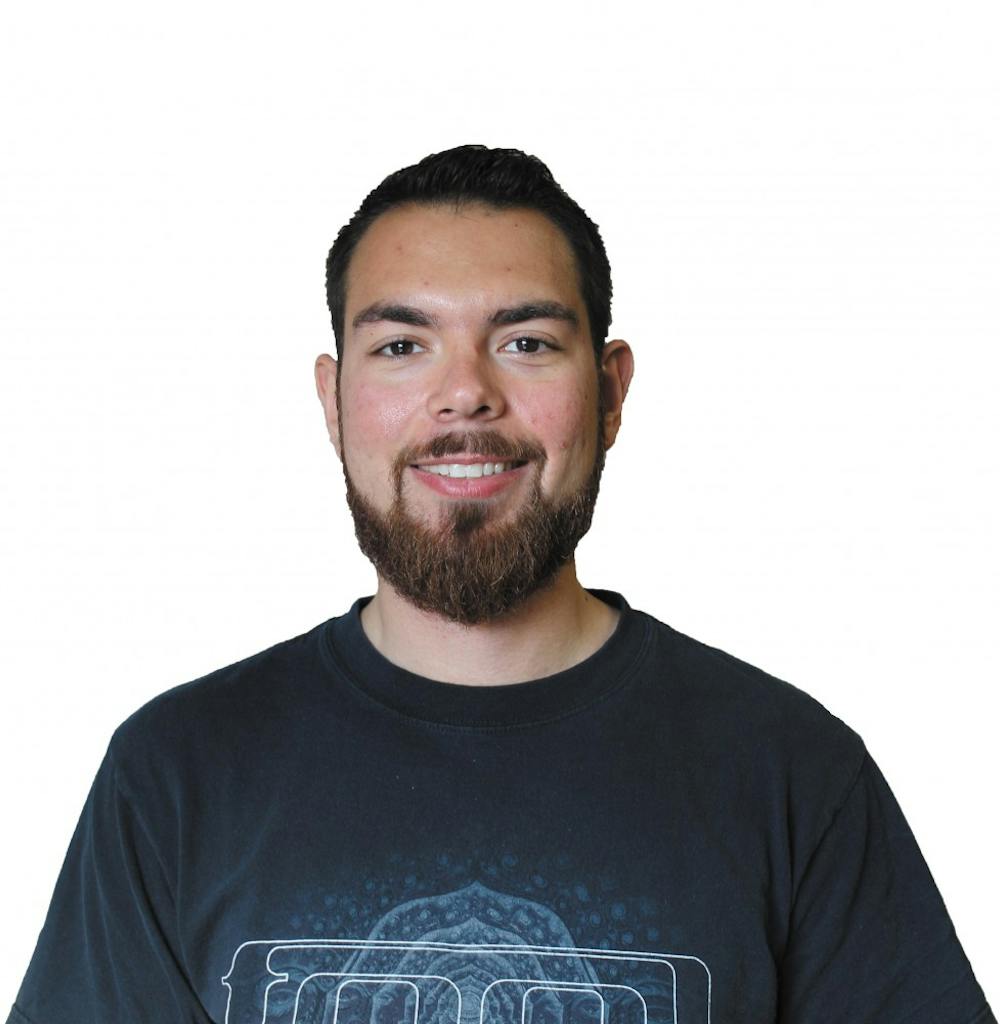OPINION: 'Privilege checkers' in need of a reality check
Check yourself before you wreck yourself.
Stark words from a 1990s hip-hop anthem about making sure you know your place.
That sounds pretty negative, but it doesn’t have to be. Checking yourself leads to greater introspection. An understanding of what you are and what you can be with tight shoelaces and hard work.
The reality check for most people of color is that sometimes, no amount of bootstrapped labor can help you get ahead — especially if you were born into a poor family. It all comes down to predisposed economic and racial privilege.
Racial privilege is something we’ve heard a lot about in the last five years. On social media and in passing conversation, young white liberals often ask straight, white men to “check their privilege” — to realize, even for just a moment, their gift of genetic opportunity above women and people of color.
White liberal activists of this sort are well-intentioned. They obviously think they are helping. That isn’t always the case. Sometimes it’s done egotistically, and it damages equality movements across the board.
Simply put: White, straight males do not experience negative effects of white privilege, nor will they ever. If you believe privilege checking makes you a stronger ally to minorities, it doesn’t. The same goes for men who stand with women against gross misogyny.
This calls for some due clarification. It is the duty of all minorities and women to call out invidious white, male privilege when they see it. It’s also the duty of white men and women to support those courageous individuals.
It’s problematic, however, when privileged white “privilege checkers” of all genders use the term for identity politics. Armchair activists are not only fraudulent, but unjustly aggressive in their approach. At worst, they make all equality activists look bad. At the very least, they look like jerks.
For generations, white liberal activists have struggled with their place in Civil Rights movements, and how best to help. At Central Michigan University NAACP and Black Lives Matters meetings, the issue is of great importance.
In conscious Black and Latino media, the subject is widely analyzed. Dustin J. Seibert wrote about social media activism in The Root, and how privileged white (and black) people seldom help when they pretend to care.
He uses the example of hashtags that surfaced after the murders of Trayvon Martin, Mike Brown, Sandra Bland.
The list goes on and on. These people turn to social media as reactionaries, making their abhorrence of racism abundantly clear. They frequently forget about it a day later.
Some white liberal activists at CMU really care. I’ve just been exposed to a lot of half-assed, overly-aggressive student activism. And I typically see that aggression in people who woke up to politics yesterday. They are desperate to make a difference, and to right generational wrongs.
That’s cool, but cooler heads always prevail. I value self-determination over passive resistance, but there’s a point where folks shut down and refuse to listen. Cornering white dudes with dreadlocks in the hallway, ranting and raving about cultural appropriation, won’t stop black kids from getting gunned down by police officers.
As Seibert writes, we haven’t fixed these problems yet, and we sure as hell won’t do it tomorrow. Just remember that it is vital to stand with men and women of color; with feminists and members of the LGBT community.
You just can’t fight the battle for them. Or pretend that doing so will make you more hip. Or get aggressive in lieu of nuanced activism.
In the words of Ice Cube, you had better run a check.







